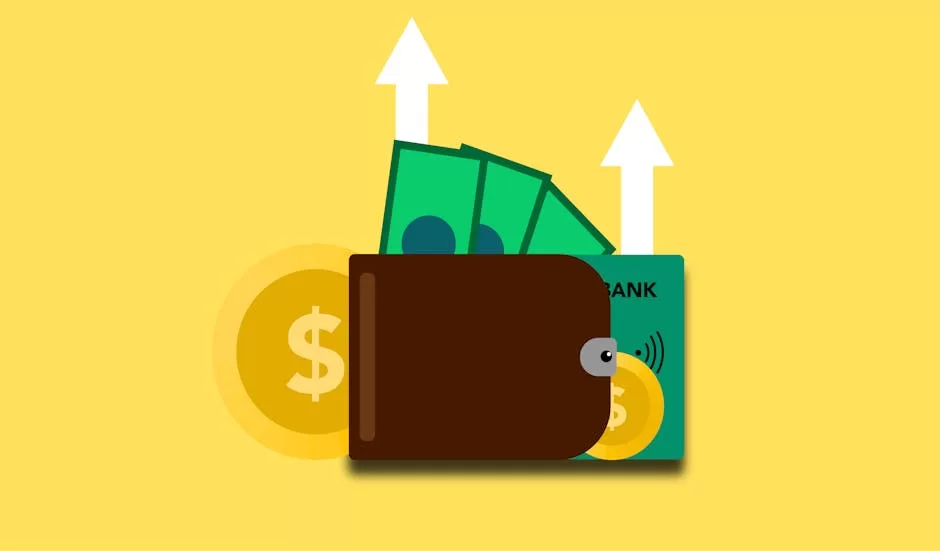Sugar is commonly used in households and businesses, but not all sugars are created equal. Coconut sugar has become mainstream popularity as a substitute for white sugar, but what makes it a better choice? In this blog post, we’ll take a closer look at the differences between coconut sugar and white sugar so that you can make an informed decision about which one to use in your business.
Brief history of the production of white sugar
White sugar production dates back to ancient times, with the first recorded instance being around the 8th century in India. In these early times, the process of extracting sugar from sugarcane involved simply boiling the cane juice until the water evaporated, leaving behind crystals of sugar. As the demand for sugar increased, the process was refined and improved upon. The process of refining sugar was revolutionized in the 16th century with the introduction of the crystallization process, which involved repeated boiling and cooling of the cane juice until the desired level of sugar purity was achieved. Today, the process of refining white sugar involves several steps to purify and bleach it until it is almost pure sucrose. While white sugar is widely used and readily available, some people are now turning to alternative sweeteners like coconut sugar due to concerns about the health effects of consuming too much-refined sugar.
How coconut sugar is made
Coconut sugar is a natural sweetener that has gained tremendous popularity in recent years, thanks to its alleged health benefits. This sweetener is derived from the sap of coconut palms. The process of making coconut sugar is quite simple and involves only minimal processing.
The process starts with harvesting the sap of coconut palms. Farmers climb the palms and cut the inflorescence, which contains the sap. They then attach a container to the cut, which catches the dripping sap. The collection of sap is done twice a day, early in the morning and in the late afternoon.
Once the sap is collected, it is transferred into a large wok-like pan, where it is boiled over low heat until most of the water evaporates, leaving behind a thick, golden-brown syrup. The syrup is then spooned into molds and left to cool and harden. The hardened coconut sugar is then scraped out of the molds and packaged for distribution.
The process of making coconut sugar is entirely natural and involves no chemicals or additives. This results in a sweetener that retains many of the nutrients and minerals found in the sap of the coconut palm, such as iron, zinc, calcium, and potassium.
Coconut sugar is a much healthier option compared to white sugar, which goes through a complex and heavily processed refining process that strips it of all nutrients and minerals. Its low glycemic index and rich nutrient content make it an excellent alternative to traditional table sugar.
Nutritional comparison between the two sugars

Photo by Nicole Michalou on Pexels
One important factor to consider when choosing between coconut and white sugar is their nutritional value. White sugar is highly processed and contains no essential nutrients, whereas coconut sugar is less processed and contains small amounts of nutrients like zinc, iron, and calcium.
One teaspoon of white sugar contains about 16 calories and 4 grams of carbohydrates, whereas one teaspoon of coconut sugar contains about 20 calories and 4 grams of carbohydrates. However, coconut sugar has a lower glycemic index than white sugar, meaning it does not cause the same rapid spikes in blood sugar levels. This makes it a better option for those with diabetes or who are watching their blood sugar levels.
While coconut sugar may not be a significant source of nutrients, it is the better option for those looking for a slightly healthier alternative to white sugar.
GI (glycemic index) levels comparison
Coconut sugar has a lower GI value compared to white sugar. The glycemic index measures how quickly foods raise blood sugar levels. A high GI score means rapid absorption and a subsequent spike in insulin levels. This quick insulin response can lead to problems such as weight gain, diabetes, and heart disease.
Coconut sugar has a GI score of 54, which is lower than white sugar’s score of 65. This means that coconut sugar is absorbed more slowly into the bloodstream and does not cause such a sharp increase in insulin levels. As a result, it is considered a healthier alternative to white sugar.
However, it is important to remember that both types of sugars should be consumed in moderation, as excessive sugar consumption can negatively affect overall health.
Effects on blood sugar levels

Photo by Nataliya Vaitkevich on Pexels
When it comes to blood sugar levels, coconut sugar is considered to be a better option than white sugar. Coconut sugar has a lower glycemic index than white sugar, meaning it does not cause a sudden spike in blood sugar levels. This is because coconut sugar contains a fiber called inulin, which slows down glucose absorption in the bloodstream.
On the other hand, white sugar is quickly absorbed in the bloodstream and causes a rapid increase in blood sugar levels. This sudden spike can cause an energy crash and may lead to weight gain and other health problems. White sugar is also stripped of any beneficial nutrients and minerals during the refining process, whereas coconut sugar retains its nutrients and minerals.
Therefore, if you are looking for a healthier alternative to white sugar, coconut sugar may be a better option for you. However, it is important to remember that both types of sugar should be consumed in moderation, as excessive sugar intake can lead to various health problems.
FOS (fructooligosaccharides), the content in coconut sugar
Coconut sugar has a lower glycemic index than white sugar, making it a healthier option for people with diabetes or those who want to manage their blood sugar levels. One of the reasons behind this is the presence of fructooligosaccharides (FOS) in coconut sugar.
FOS is a type of prebiotic fiber that is not fully digested in the gut. As a result, it does not cause a spike in blood sugar levels. Instead, it promotes the growth of healthy gut bacteria and improves digestion. FOS has also been found to have a beneficial effect on immune function and may reduce the risk of certain types of cancer.
Coconut sugar contains up to 1.5% FOS, which is significantly higher than the amount found in white sugar. This makes it a great alternative for people who want to enjoy sweet treats without compromising their health. However, it is important to note that coconut sugar is still high in calories and should be consumed in moderation as part of a balanced diet.
Environmental Impact of white sugar production

Photo by Tiger Lily on Pexels
White sugar is produced extensively, including washing, crushing, and refining sugarcane or sugar beets. This process involves using large quantities of water, chemicals, and energy. In addition, it requires land clearing, irrigation, and large-scale monoculture farming practices that can lead to soil erosion and loss of biodiversity. The production of white sugar also produces significant CO2 emissions that contribute to climate change. Considering this, it’s important to evaluate sugar production’s environmental impact and look for alternatives, such as coconut sugar, that may have lower environmental impacts.
Availability and affordability of coconut sugar compared to white sugar

Photo by Monstera on Pexels
Coconut sugar has recently become an alternative sweetener to traditional white sugar. However, availability and affordability remain a significant concern for many consumers. While white sugar is widely available and relatively inexpensive, coconut sugar can be harder to find and may come at a higher cost.
Due to its increased demand, the availability of coconut sugar has improved in many grocery stores and online retailers. However, it is still not as commonly stocked as white sugar. The cost of coconut sugar may also be a barrier for some consumers as it is typically more expensive than white sugar.
It is important to note that the cost of coconut sugar reflects that it is a more labour-intensive and sustainable product to produce than white sugar. Coconut sugar is made from the sap of coconut tree blossoms, which requires manual harvesting and processing, whereas white sugar is made from sugarcane or beet, which can be mechanically harvested and processed.
In conclusion, while coconut sugar has many benefits, including being rich in minerals and lower on glycemic index, the availability and affordability of it may not be ideal for all consumers. However, as the demand for alternative sweeteners continues to grow, it is likely that both the availability and affordability of coconut sugar will improve in the future.
🔬 Reviewed for Scientific Accuracy by:
With over 15 years of academic and clinical experience, Dr. Gautam oversees the scientific and editorial integrity of educational content related to herbs, nutrition, and wellness.
ResearchGate Profile | ORCID
Dr. Khurana brings deep expertise in nutraceutical formulation, phytochemistry, and metabolic health. He reviews FarmPURE content to ensure alignment with evolving biochemical and plant-based research.
ORCID
All FarmPURE Blog content is reviewed by domain experts to ensure it reflects the highest standards of botanical integrity, scientific relevance, and practical guidance. Our mission is to promote better health and beauty through the power of organic herbs, spices, and plant-based wellness solutions.
Disclaimer: The information provided in this blog is intended for general wellness and educational purposes only. It is not a substitute for professional medical advice, diagnosis, or treatment. Dr. Rashmi Gautam and Dr. Nikhil Khurana participate as scientific reviewers only, and do not provide or endorse personalized medical recommendations. Always consult a qualified healthcare provider before making decisions related to your health.

